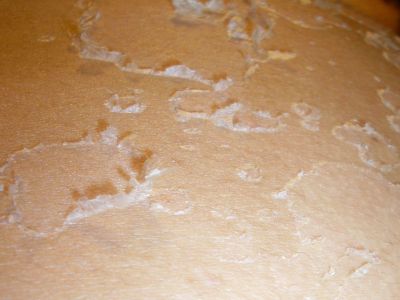Hypothyroidism: Symptoms, Causes, and Treatment

What is Hypothyroidism?
Hypothyroidism is a common disorder that is also known as an underactive thyroid. This condition causes your thyroid gland to produce less hormone. The role of the thyroid is to control how your body’s cells use energy from food or also known as metabolism. With an underproduction of thyroid hormone, your body’s processes slow down.
Signs and Symptoms?

- Constipation
- Heavier than normal or irregular menstrual periods
- Depression
- Impaired memory
- Thinning hair
- Slowed heart rate
- Dry skin
- Weight gain
- Puffy face
- Hoarseness of voice
- Muscle weakness
- Elevated blood cholesterol level
- Muscle aches, tenderness, and stiffness
- Enlarged thyroid gland
- Fatigue
- Increased sensitivity to cold
Symptoms of hypothyroidism in infants
Although it most often affects middle-aged and older women, anyone can develop the condition, including infants. When newborns do have problems with this condition, the signs and symptoms may include:
- Yellowing of the skin and whites of the eyes
- A large or protruding tongue.
- Difficulty breathing.
- Poor muscle tone
- Excessive sleepiness
- Hoarse crying.
- An umbilical hernia.
- Constipation
Symptoms of Hypothyroidism in children and teens

Children and teens who develop this condition generally experience the same symptoms as adults, but they may also experience:
- Delayed development of permanent teeth
- Delayed puberty
- Poor growth, resulting in short stature
- Poor mental development
What Causes Hypothyroidism?
It is caused by insufficient production of thyroid hormones. Hypothyroidism may be due to several factors, including:
- Autoimmune disease. The most common cause of this condition is an autoimmune disorder known as Hashimoto’s thyroiditis. An autoimmune disorder occurs when your immune system produces antibodies that attack your own tissues. Sometimes this process involves your thyroid gland.
- Over-response to hyperthyroidism treatment. Radioactive iodine or anti-thyroid medications are often prescribed for people who produce too much thyroid hormone (hyperthyroidism). The goal of these treatments is to get thyroid function back to normal. The treatment of hyperthyroidism can, however, result in permanent hypothyroidism if it lowers thyroid hormone production too much.
- Thyroid surgery. The removal of all or part of your thyroid gland can diminish or halt hormone production. In that case, you’ll need to take thyroid hormone for life.
- Radiation therapy. Radiation used to treat cancers of the head and neck can affect your thyroid gland and may lead to an underactive thyroid.
- Medications. Several medications can contribute to the low production of thyroid hormones. Among these medications is lithium, which is used to treat psychiatric disorders. If you are taking medication, ask your doctor about its effect on your thyroid gland.
Diagnosis and Treatment of Hypothyroidism
An underactive thyroid can be diagnosed if you feel increasingly tired, have dry skin, constipation, and weight gain, or if you have previously experienced thyroid problems or goiter. It is diagnosed based on your symptoms and the results of blood tests that measure the levels of thyroid-stimulating hormone (TSH) and sometimes thyroxine.
A low level of thyroxine and a high level indicates an underactive thyroid. The TSH test can also be used to diagnose a condition called subclinical hypothyroidism, which usually causes no outward symptoms. In this condition, you have normal blood levels of triiodothyronine and thyroxine, but higher than normal levels of TSH.
Treatment involves the daily use of synthetic thyroid hormone to restore adequate hormone levels, reversing the signs and symptoms of underactive thyroid. The medication gradually lowers cholesterol levels elevated by the disease and may reverse any weight gain.
Subclinical Hypothyroidism
If you have subclinical hypothyroidism, discuss treatment with your doctor. If your TSH is relatively mild, thyroid hormone therapy is unlikely to be helpful, and treatment may even be harmful. Conversely, thyroid hormones may improve your cholesterol levels, heart pumping ability, and energy level if you have a higher TSH level.
Medication for Hypothyroidism
Thyroxine Sodium is a synthetic thyroid hormone that is prescribed for the treatment of this condition. Thyroxine is an important hormone released by the thyroid gland into the bloodstream. It plays an important role in the functioning of the heart, digestion, muscles, and brain development.



